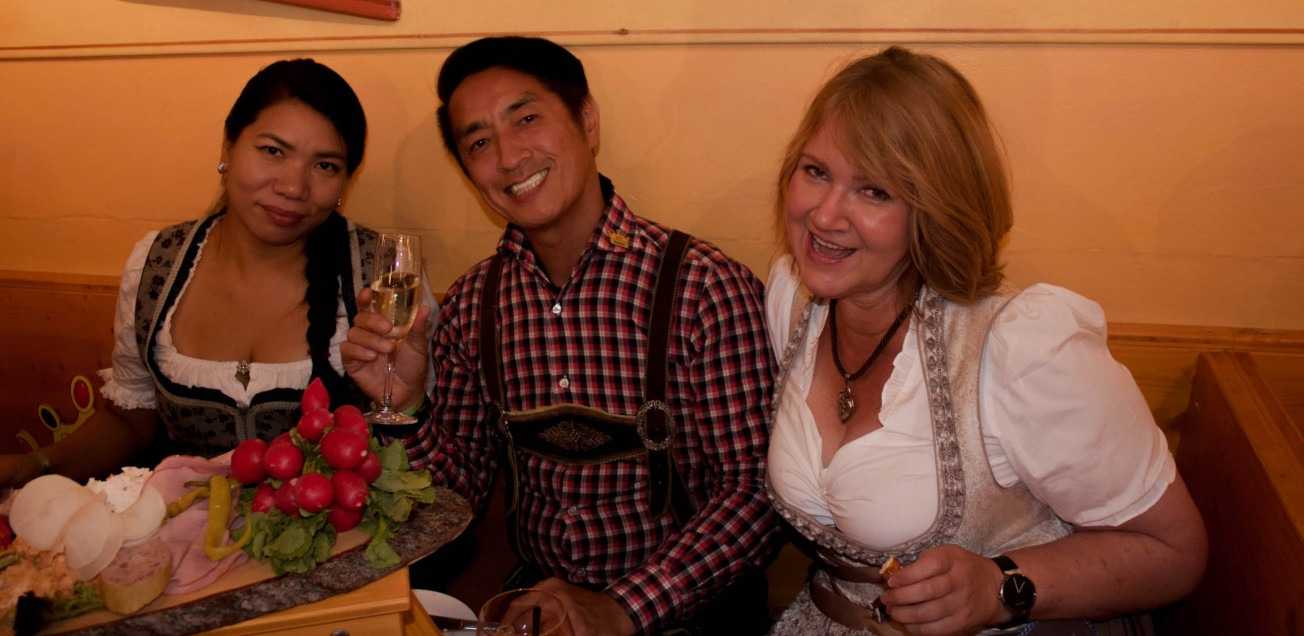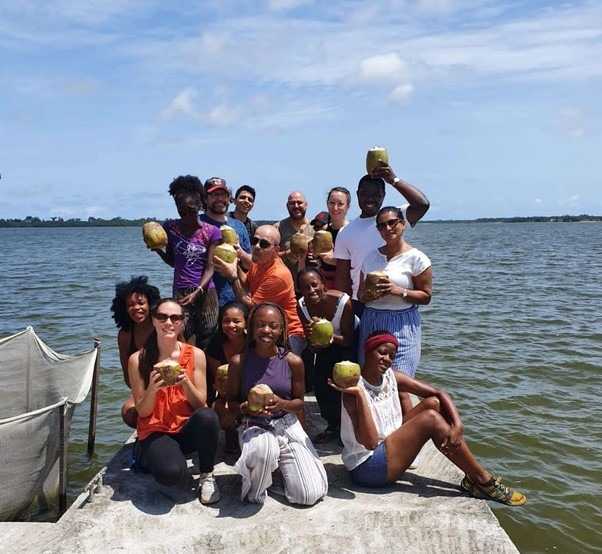Expat Tips: Embrace the Cultural Differences
The notion of embracing different cultures sounds straightforward in theory, however, the actual process can be much more complicated than you might first have expected. Regardless of whether you’re moving to a new city or a completely new country, each relocation comes with an adjustment to a new culture. One of the best things you get to do as an expat is experience a different way of life to the one you left behind. However, this sometimes comes as quite a shock. A culture shock. We’ve got a few tips to help you adjust and ultimately learn how to embrace a new culture and way of life when you feel a little out of your depth.
Observe Your New Surroundings
The feeling when you first step off that boat, plane, or bus and into your new life abroad is electric. You’re filled with excitement at the endless possibilities which lie ahead of you. Unfortunately, this feeling can wear off with time and you start to recognize how different your new life is from your old one.
It’s normal to feel frustrated at the new rules you have to abide by in your host culture. You begin to compare the familiar behaviors and routines from the culture you know to the new ones you’re currently experiencing. As Lauren said in the video above, she was particularly irritated by the fact that she could no longer enjoy her Sunday grocery shopping in Germany because of the opening hours enforced across the nation.
If you find yourself saying things like “Well, back home we don’t do it like this”, you’re not alone. However, this way of thinking is not very productive and can cause you to fixate on the differences between you and the new culture, ultimately hindering your integration.

Reflect on Cultural Difference
To deal with this initial frustration, we recommend taking a step back and looking at the bigger picture. Perhaps you’re annoyed by the queuing customs in your new country or the general etiquette on public transportation. Whatever it may be, it’s okay to complain to other expats who might share the same frustration. Once you’ve gotten it out of your system, take a breath and analyze the benefit of this aversion you’re feeling towards a different cultural behavior. Is it really as bad as you’re making it out to be? Could it actually benefit you in the long run? Try to think of all the positives that come with the new situation. Lauren adds in her video that, although the lack of access to 24-hour shopping in Germany made her irate at the beginning, her calm and relaxing Sundays are something she relishes in now. By reflecting on the differences you have noticed, and taking a minute to process them in a calm, collected manner, you’re able to focus on why they might actually improve your quality of life.
Adjust to the New Situation
Once you have accepted all the things that are different, you can enter the final stage of this process: adjustment. This doesn’t mean you have to give up everything from your old/home country which makes you, you. I will forever think that baked beans on toast is an acceptable thing to enjoy for breakfast and that there’s nothing better than a good queue (can you tell I’m British?). However, this does not mean I can’t appreciate how other people around the world do things.
Acknowledging and processing these differences makes you an infinitely more tolerant individual. Our advice is to get up and actively engage with the new culture. This final step also gives you the chance to “check your ego” when it comes to the “right way” of doing things. Humans get stuck in a rut thinking that their way is the only correct way of conducting themselves, but this can lead to close-mindedness and intolerance. The act of embracing cultural differences also means acknowledging that your way might not always be the best way, and that’s what learning is all about.

How Does This Help Me?
The benefits that come from following these steps, and welcoming different cultures into your life, can be incredibly rewarding. It opens your eyes to the complexity of humans around the world and increases your tolerance and understanding in general. These are highly attractive traits for employers, too, both at national and international levels of business. By demonstrating that you can live or travel abroad successfully, you show that you’re adaptable, understanding, and can lead an international team. It might take some time to get used to your new culture’s quirks, but in the end, you’ll not only better yourself as a person but increase your intercultural intelligence which is highly sought-after in the job market of today.
Advertisement
About Tegan Francis
Tegan Francis is the Social Media Intern at InterNations. She’s currently living and working in Munich as part of her degree in German and English Communication and enjoys (almost) every aspect of the German lifestyle. If she’s not thinking about where she’s going to try her next plate of Kaiserschmarrn then she’s probably planning her next city break!
Related articles
October at InterNations: A Month Bursting with Color
With Halloween and the changing of seasons, October is a time packed with color! Let have a look at some of this month’s InterNations event highlights.
Celebrating Summer with Music, Food, and More — The Highlights of June
Members of our community have been celebrating summer with a variety of events. From open-roof settings and lip-smacking dishes to venues with breathtaking views and vibrant atmospheres, InterNations members have been enjoying the best of June.
The Exceptional Expat
What makes an expat or an expat experience exceptional? Have you ever met those expats who seem to have it all ‘down-pat’? How do they seem to effortlessly transition between postings and not only survive the experience but truly thrive and grow in the process?
Embracing the New Year — Ten Ways to Start 2020 Off the Right Way
At the beginning of a new year, a lot of people make an overwhelming list of resolutions they want to keep. However, instead of drastic suggestions, we’ve compiled a list of simple and fun things that are easy to do to help you start off your year in a positive way — let’s beat the January blues!
This May We Celebrate Culture & Diversity
This May, InterNations members get together to celebrate the end of Ramadan, uplift different cultures, and enjoy each other’s company. Some even had the opportunity to witness magnificent views of the Burj Khalifa. Read about their highlights!




